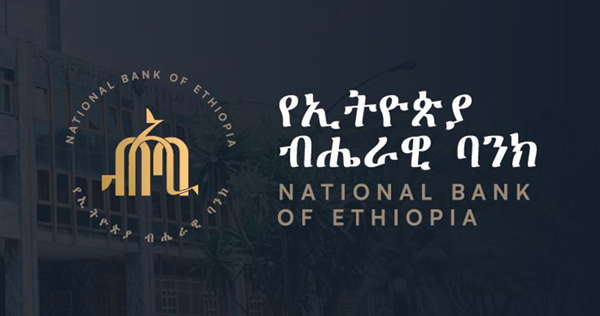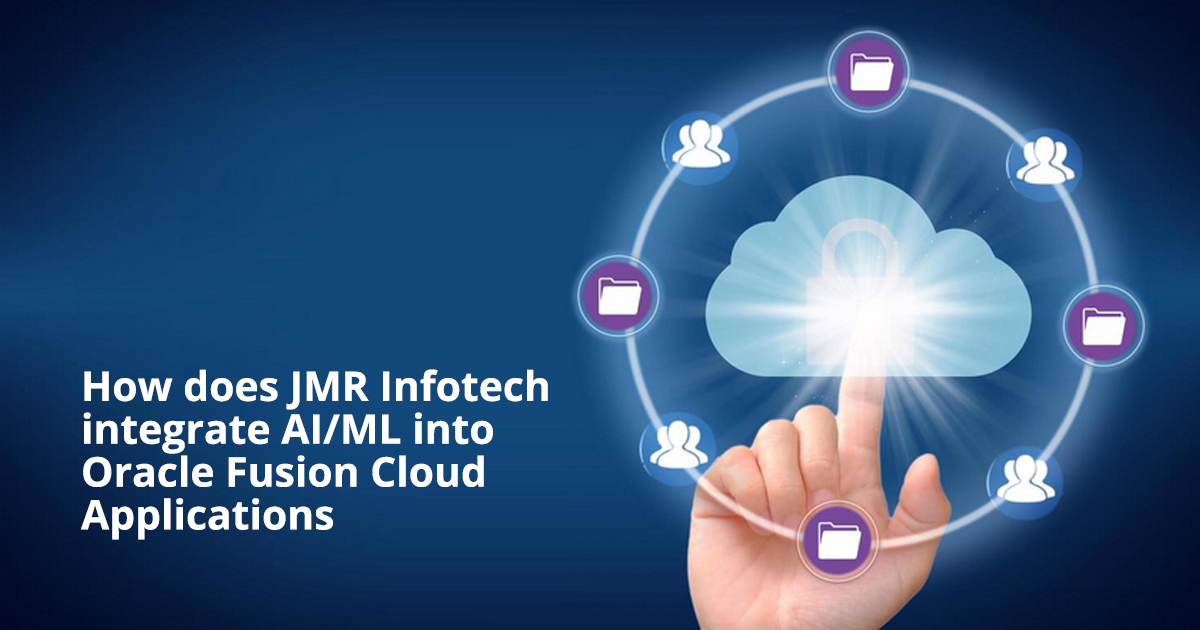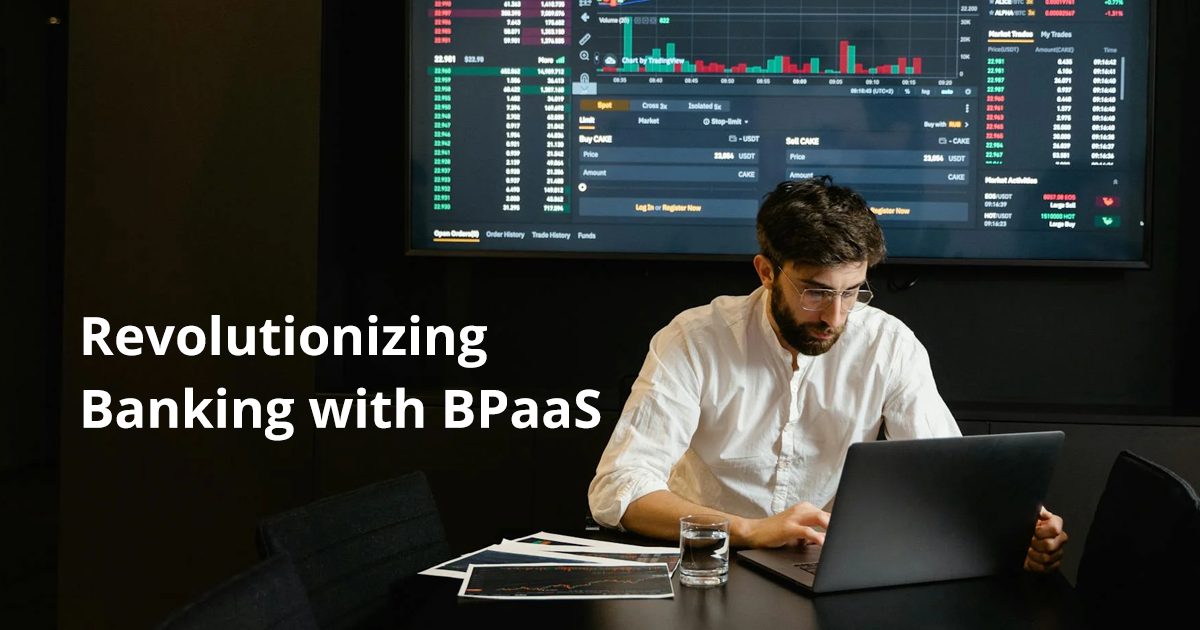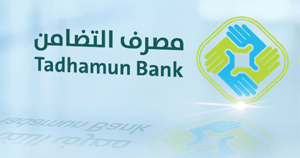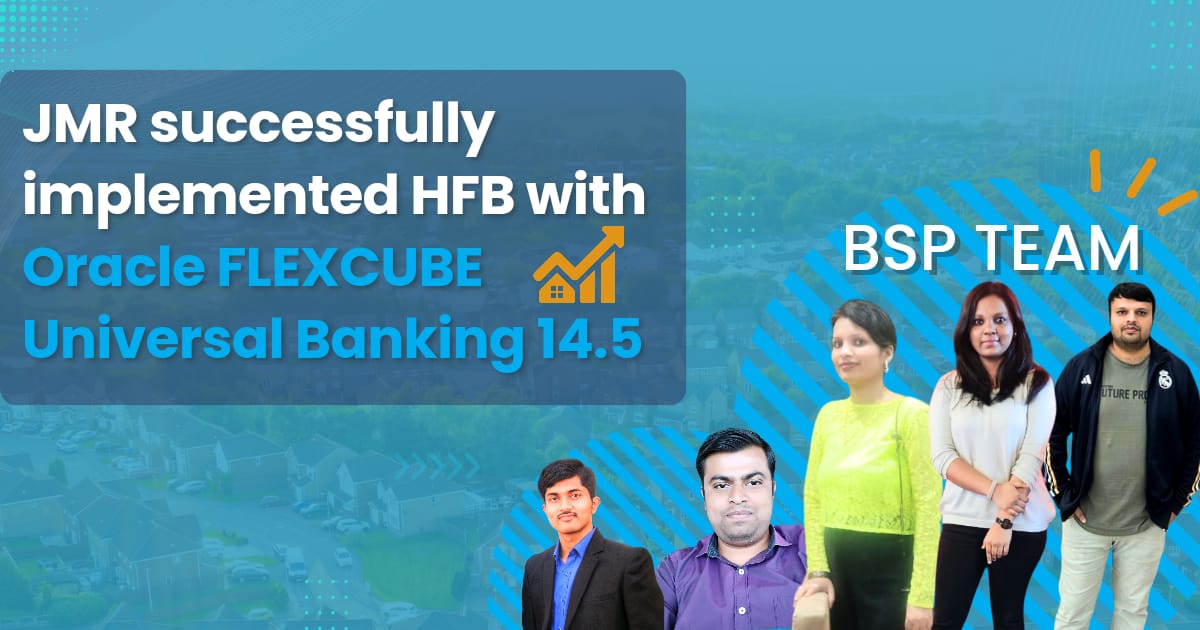National Bank of Ethiopia’s Recovery Planning Directive: What Banks Need to Know
The National Bank of Ethiopia (NBE) has taken a pivotal step toward strengthening the resilience and self-reliance of the country’s banking sector by introducing the Recovery Plan of Banks Directive No. SBB/93/2025, effective May 13, 2025.


